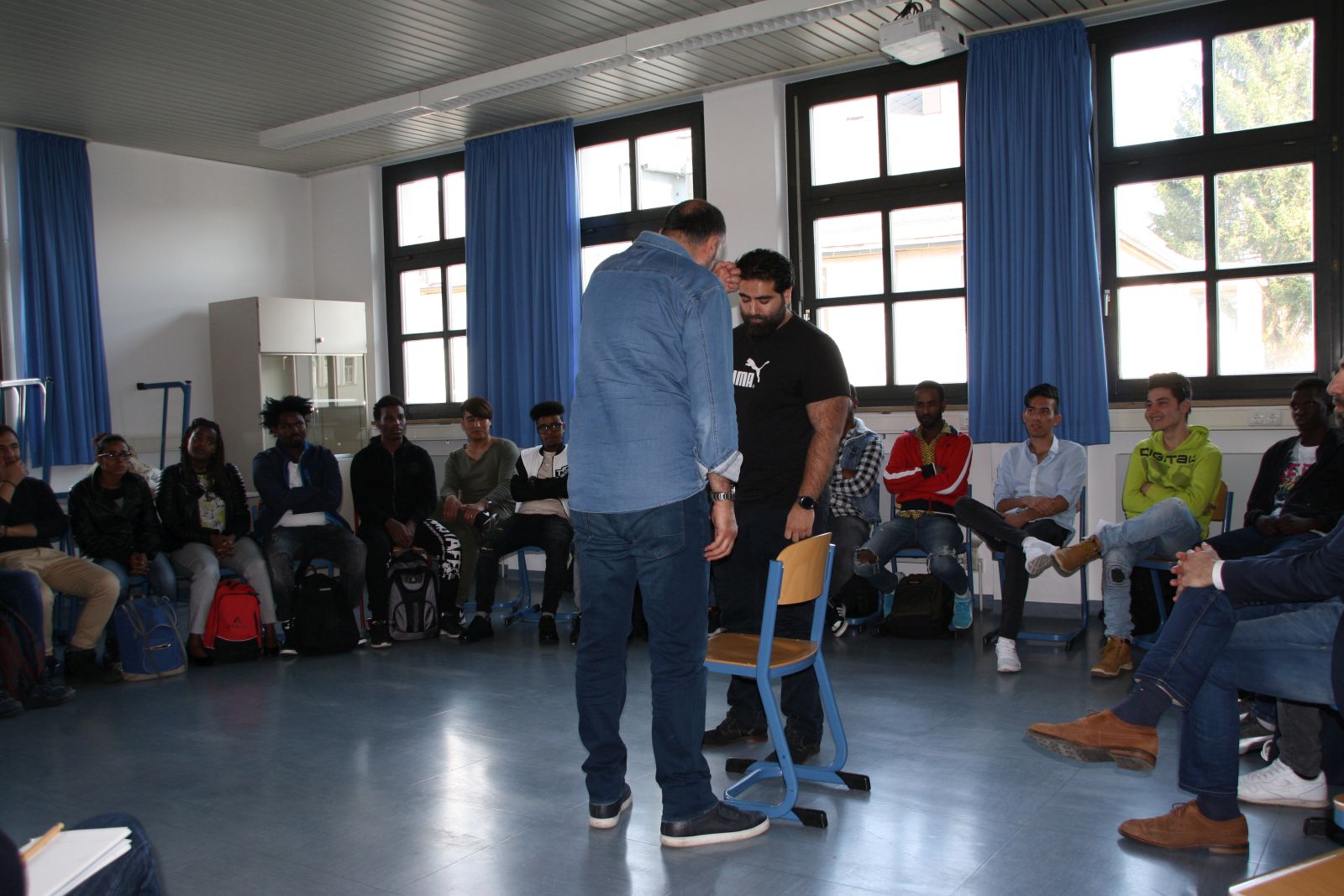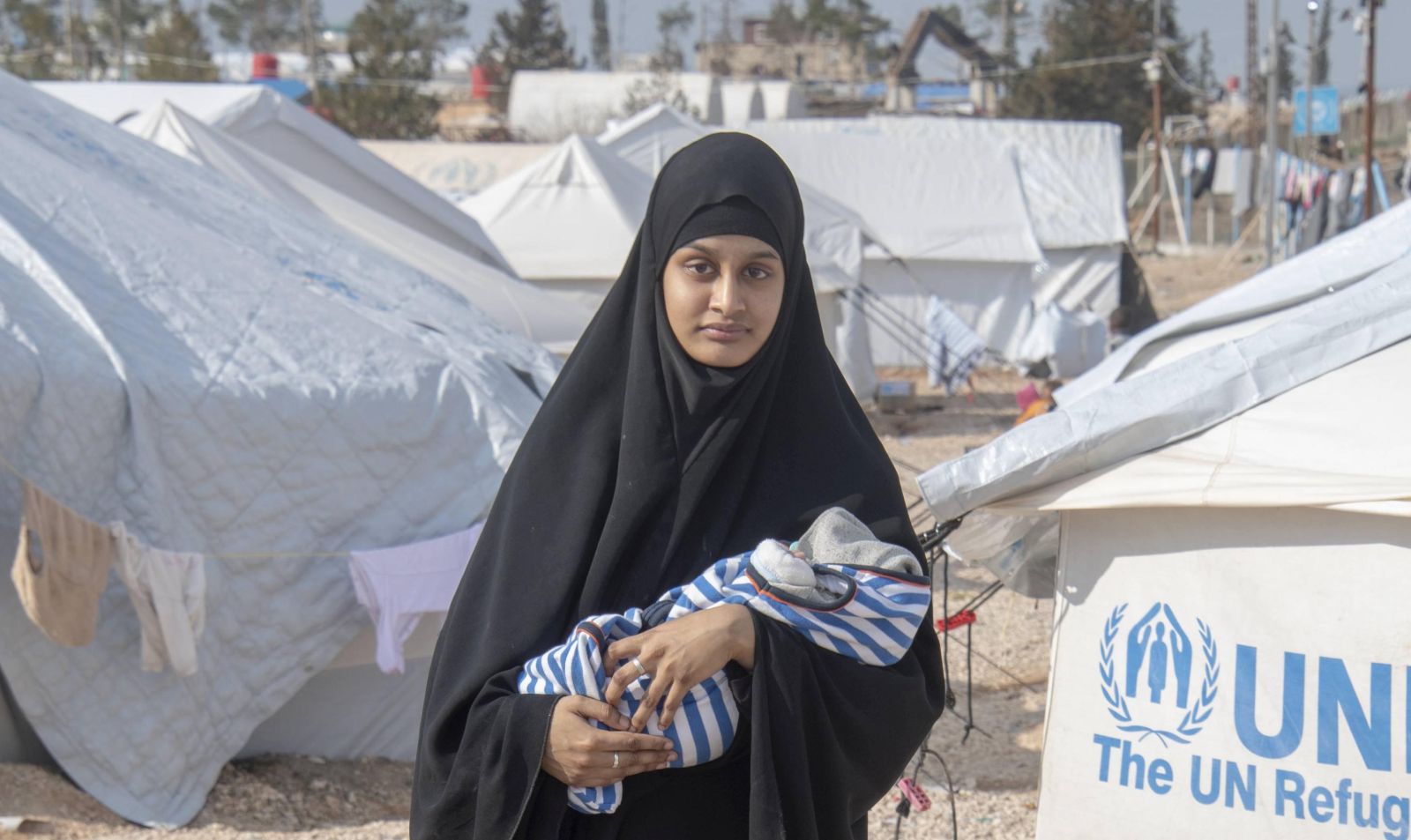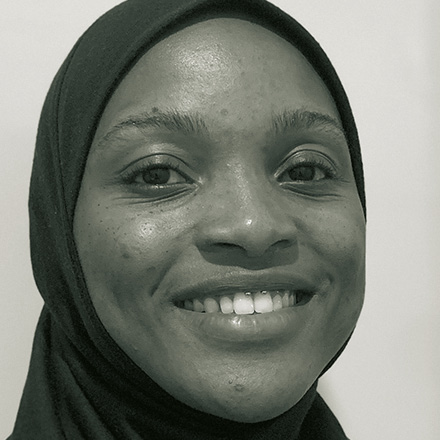Radicalisation
Extremist temptation

On 7 October, Hamas attacked Israel and slaughtered around 1200 people. The attack was followed by an Israeli counter-offensive in the Gaza Strip aimed at destroying
Hamas’ organisational structures. International protests against the massive military operation soon followed. Millions around the world demonstrated against the war in Gaza. This played into Hamas’ hands.
“With an increased social-media presence, Hamas is mobilising people to take to the streets against the war,” explains Israeli-German psychologist Ahmad Mansour. This puts pressure on governments to stop the war. In 2017, Mansour founded “Mind Prevention” in Berlin, an initiative to promote democracy and prevent extremism. The Arab Israeli also works with radicalised young people in prisons and offers workshops in schools, asylum centres and welcome classes.
In Germany, the Hamas strategy targets Muslims, many of whom feel abandoned by the country’s politics. “German politicians have clearly sided with Israel. That is good and right but we must not lose sight of the justified concerns of the Palestinians,” says Mansour.
According to the German Islam Conference, around 5.5 million Muslims live in Germany. Many of them now feel they are under general suspicion because of their religion. “The German government’s messaging since 7 October has fuelled Islamist sentiment,” says Mansour. He sees a sharp rise in radical movements since the start of the war. Many Muslims have lost confidence in the German government, he says, and some end up joining radical groups in their search for understanding.
Ideologues capitalise on this rupture. They claim that Germany has never been interested in the Muslim community and that Muslims’ feelings are neither seen nor respected. Radical groups focus primarily on contacting teenagers and young adults, who can be reached easily on social media wherever they may be.
Emotional social-media propaganda
German government agencies process complaints regarding child-welfare violations on social media. In 2022, 13 % of the cases were related to political extremism. Mansour says extremist messages online have increased since 7 October. “People who used to watch cat videos in their feed are now getting propaganda videos from Islamist groups,” he says.
The problem lies primarily in algorithms. If people search for certain topics, Instagram, TikTok and co. will shuffle those topics into their feed. Videos and posts are short. The are also often taken out of context. Extremist propaganda exploits emotions. It works.
Even terror militia ISIS had a sophisticated media strategy which it used to lure thousands of fighters to Syria and Iraq. The organisation used multimedia and multilingual channels to spread its propaganda via Telegram and X, formerly Twitter. It developed its own magazine and made propaganda films that were comparable to the recruitment videos of the US army. In addition to revenge and retribution, ISIS promised potential followers the chance to help establish a caliphate and thus make history. That was a message that particularly appealed to young people, who had experienced marginalisation and discrimination in daily life.
Search for belonging and meaning
In 2015, 680 people travelled from Germany to Syria to join ISIS, most of them aged between 16 and 25. Although the reasons for their radicalisation differed, political scientist Marwan Abou Taam identified a number of similarities after studying their biographies: many of the young people struggled with identity problems and were searching for belonging and meaning in life. They wanted a role in society that they felt had rejected them so far. Most were children of immigrants and belonged to the third generation living in Germany. They were reprovingly referred to as “Germans” by their families and problematised as “Muslims” by society.
Mansour notes that many young people see radicalisation as an enrichment, as they find a new social environment that gives them a sense of being superior to others. “They feel they belong to an elite, and that is a completely new experience for most of them.” Young people are particularly open to propaganda when they find themselves in unstable situations. They may be experiencing bullying, struggling with the transition from school to working life or coming to terms with the death of someone close to them.
“Both Islamists and right-wing extremists create an emotional bond with young people,” explains Mansour. Extremists express interest, open up new perspectives and offer guidance, support and a purpose in life. According to Mansour, that is everything that helps people in crisis situations rebuild self-confidence. “The more complex the world becomes and the bigger the crises, the greater the desire for simple answers. And radical ideologues provide those answers,” the psychologist says.
Mansour and his team seek dialogue with radicalised individuals and provide one-to-one psychological support, sometimes for years. “Nevertheless, there is never a guarantee that we will be successful,” he says. He believes that there is a need for more fact-based discussion – even on issues that can be frightening: “Democracy is debate, democracy is exchanging arguments, democracy is having to tolerate people who do not share your opinions. We need to bring people with different opinions together and engage in tough discussions.”
Kim Berg is an editor at the communications agency Fazit and specialises in political communication.
kim.berg@fazit.de


















